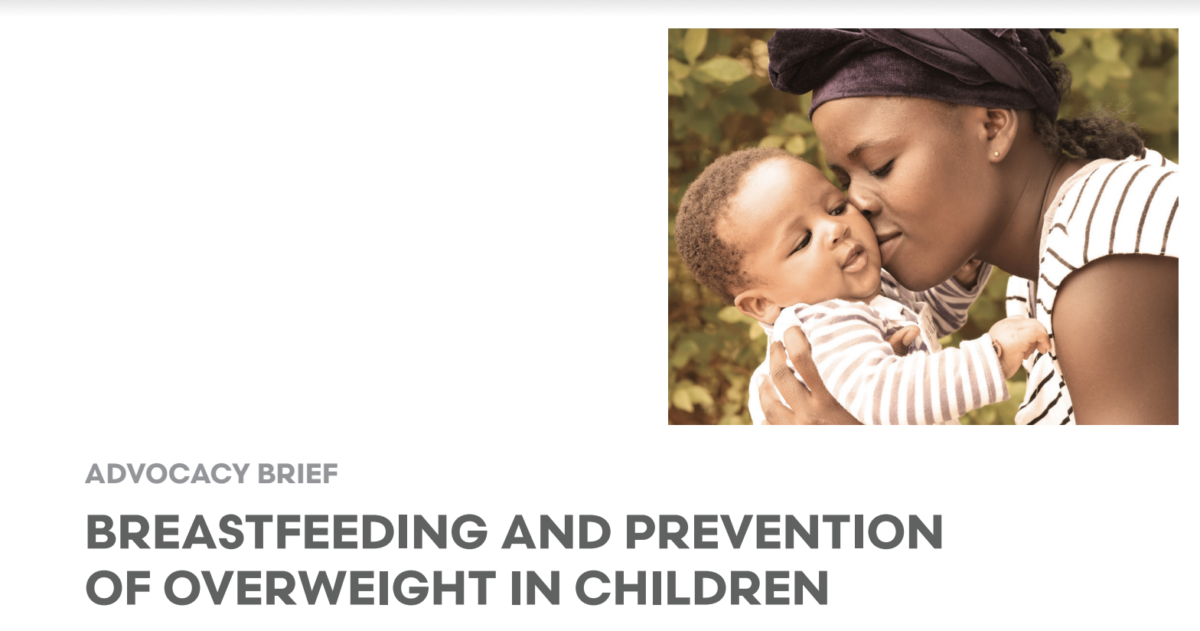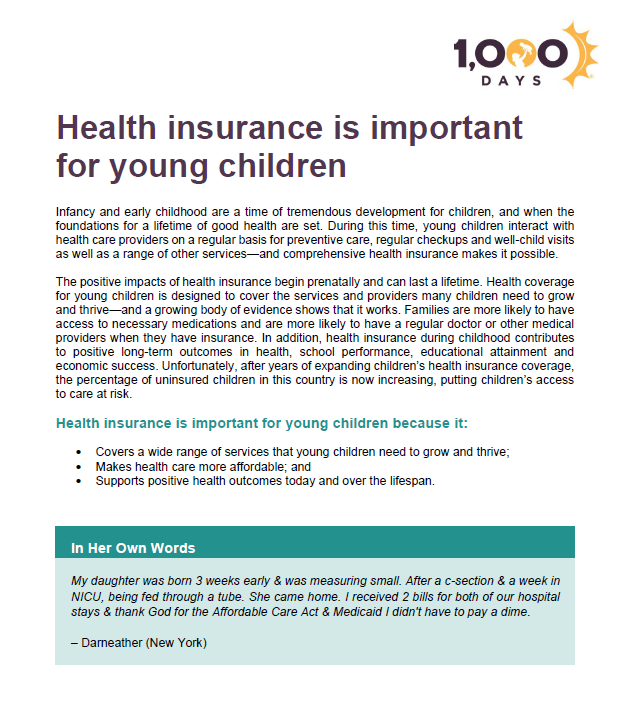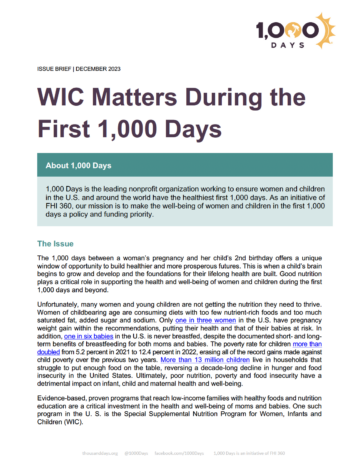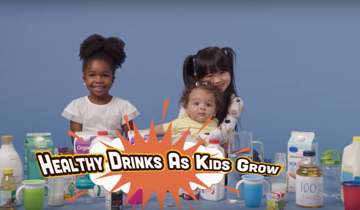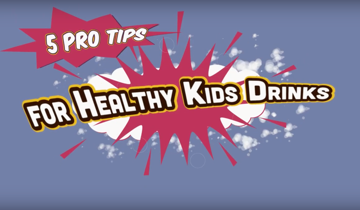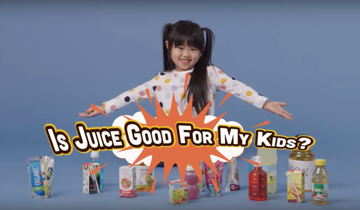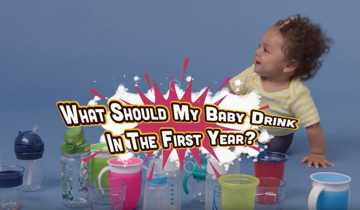From 0-6 months, your baby gets all of the nutrients he needs from breastmilk or infant formula. Once solid foods are introduced around 6 months, you can offer a few sips of plain water at mealtimes. It helps babies develop cup-drinking skills and learn to like the taste of water, which takes time. Cheers!
0-6 months
Drink: Young infants need only breast milk or infant formula to get enough fluids and proper nutrition.
Avoid: Infants younger than 6 months should not drink juice, milk, flavored milks (e.g., chocolate, strawberry), “transition” or “weaning” formulas (sometimes called toddler milks, growing up milks, or follow up formulas), plant-based and non-dairy milks (e.g., almond, rice, oat), caffeinated beverages (e.g., soda, coffee, tea, energy drinks), low-calorie sweetened beverages (e.g., “diet” or “light” drinks, including those sweetened with Stevia or Sucralose), or sugar-sweetened beverages (e.g., soda, fruit drinks and fruit flavored drinks, fruit-ades, sports drinks, energy drinks, sweetened waters, and sweetened coffee and tea beverages).
6-12 months
Drink:
- Infants between 6 and 12 months should still rely on breast milk or infant formula to get most of their daily nutritional needs. Breast milk and/or infant formula also provide all of the baby’s fluid needs during this time.
- Once solid foods are introduced, which is typically around 6 months, try adding in a couple of sips of water during meal times. It helps babies develop cup-drinking skills and learn to like the taste of water, which takes time.
Avoid: Infants younger than 12 months should not drink juice, milk, flavored milks (e.g., chocolate, strawberry), “transition” or “weaning” formulas (sometimes called toddler milks, growing up milks, or follow up formulas), plant-based and non-dairy milks (e.g., almond, rice, oat), caffeinated beverages (e.g., soda, coffee, tea, energy drinks), low-calorie sweetened beverages (e.g., “diet” or “Light” drinks, including those sweetened with Stevia or Sucralose), or sugar-sweetened beverages (e.g., soda, fruit drinks and fruit flavored drinks, fruit-ades, sports drinks, energy drinks, sweetened waters, and sweetened coffee and tea beverages). These beverages can be big sources of added sugars in young children’s diets and provide no unique nutritional value beyond eating a balanced diet and sticking to water and milk. And, avoiding these kinds of beverages at a young age helps to create and maintain healthy habits down the road.
Learn more at www.healthydrinkshealthykids.org.

